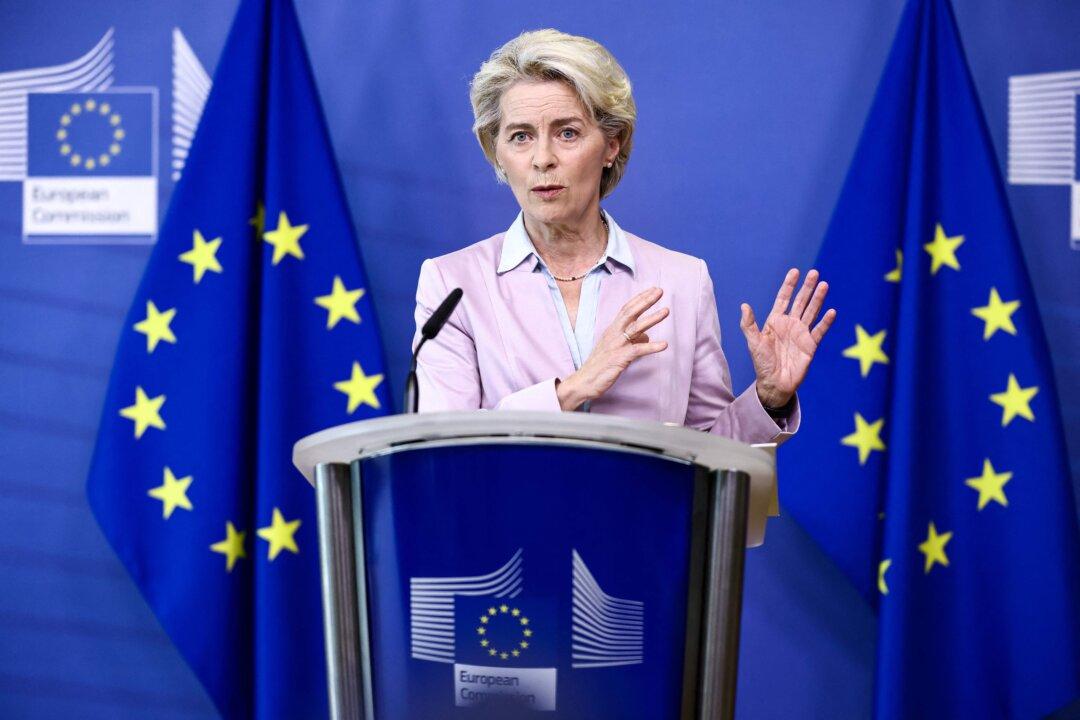The European Union is “ready to go” with its efforts to impose a price cap on Russian oil exports, according to Ursula von der Leyen, the president of the European Commission.
“We have set all the tools necessary in place in the European Union,” von der Leyen said in an interview with Bloomberg. “It is important not only to dry out the war chest of Russia but also very important for many vulnerable countries to have an acceptable level of prices.”





